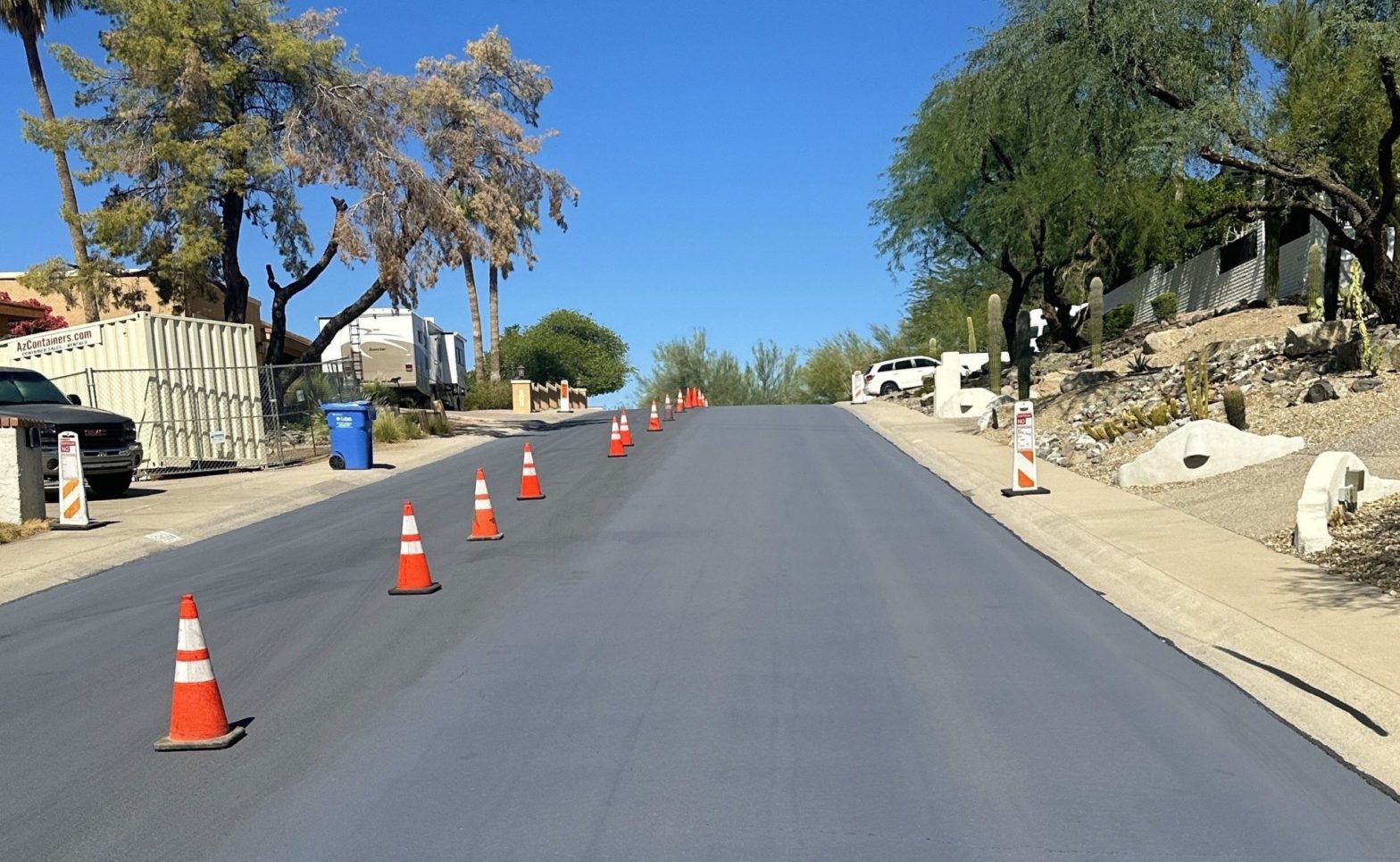
Airbnb: A partner for cities?
10 February 2017
by Jonathan Andrews
Jonathan Andrews spoke to Nick Papas, Director, Public Affairs, Airbnb, about how the home-sharing site is becoming more flexible in dealing with cities and reveals how the privately held company has no plans to ‘go public’
In December 2016 Airbnb reached new agreements with cities like New Orleans, Amsterdam and London which include provisions on sharing data with city officials and enforcing city laws on Airbnb members by restricting the number of days they can rent out entire homes. What prompted the new approach?
Airbnb is eager to work with officials at every level of government toward smart, forward-looking rules for home sharing. In just eight years, we have collaborated with hundreds of governments worldwide.
In November 2015, we launched the Airbnb Community Compact, outlining a set of policy principles and commitments guiding how we engage with communities around the world. The commitments include:
Paying our fair share of hotel taxes and working with communities to put in place rules that support each community’s specific policy needs. Sharing data by regularly providing information about our community to cities and other jurisdictions in which we operate, in a manner that is consistent with our privacy obligations.
In the year since the Compact was announced, we have followed through on these obligations and in 2016, we offered insights gained, lessons learned, and policy options developed through these hundreds of collaborations across five continents by releasing the Airbnb Policy Tool Chest, a resource for governments to consider as they draft or amend rules for home sharing.
We are committed to helping the countless middle class families who depend on Airbnb. Airbnb allows ordinary people to use their house–typically their greatest expense–to generate supplemental income to pay for costs like food, rent and education for their children. We look forward to continuing to partner with policymakers to realise the benefits of home sharing for cities and families around the world.
Are these agreements designed to reduce the number of legal challenges and create more stability to placate possible investors ahead of an IPO?
We have no plans to go public anytime soon.
Now that members are subject to a new regime in such cities, what has their reaction been and did you consult with members on the changes, for example on sharing data?
Our community is the heart and soul of Airbnb. In the US alone, hosts have sent more than 350,000 emails to elected officials, engaged with our team in over 14,000 one-to-one meetings, and more than 4,000 have participated in public hearings. We have worked closely with our community to help cities pass smart rules and we expect to see 1 million interactions between hosts and government officials in 2017.
In July 2016 Airbnb launched a Mayors Advisory Council made up of former mayors from the US, Europe and Australia. What role has the Council played and how successful has it been?
The Mayors Council has provided important feedback as Airbnb has worked with hundreds of cities and communities to ensure home sharing rules are implemented in a fair and sensible way, including policy solutions that address local concerns.

Did the ‘policy tool chest’ that was released in December with the New Orleans agreement stem from the council? What does this ‘policy tool chest’ contain?
The tool chest is not a one-tool-fits-all policy prescription or model legislation. Just as you would not put a hammer to a screw, or a screwdriver to a nail, each city and country is economically, geographically and demographically unique.
Rules that work in Portugal may not make sense for Philadelphia, yet both places leveraged these policy tools to enact regulations that enable home sharing to thrive, to their immediate and long-term benefit. We also have seen the effectiveness of governments taking a holistic approach when crafting these policies, rather than trying to isolate and implement one policy at a time.
The Tool Chest offers four sets of policy options for consideration:
- Tax collection: Working together, platforms like Airbnb can help governments collect millions of dollars in hotel and tourist tax revenue at little cost to them.
- Good neighbours: Home sharing can deliver benefits to tenants, homeowners and landlords in every corner of every community. Airbnb has created a series of tools to help ensure that hosts and guests are respectful of the neighbourhoods in which they share space.
- Accountability: Airbnb and the jurisdictions in which we operate can collaborate on practical, enforceable rules for home sharing.
- Transparency and privacy: Platforms can provide data to local policymakers to enable smarter decision-making about home sharing rules without compromising hosts’ or guests’ privacy rights.
The Tool Chest also provides examples of communities around the world that have successfully implemented, or are on the way toward adopting local versions of these policies.
In New Orleans, Airbnb has agreed to not list almost any rooms in the historic French Quarter to placate residents and the hotel industry. Will this model be repeated in other cities, particularly in Europe’s historical city centres?
We’ve committed to treat every city personally and we want to work with cities to meet their unique needs. When the car began replacing the horse and buggy nearly a century ago, we needed new rules for that new technology. Home sharing itself is centuries old, but home sharing on an online platform at a peak of 1 million guest arrivals per night is new. Such new developments take time to figure out, and we want to work with lawmakers to get this right, rather than rush to regulate in the context of outdated rules that were enacted years before the arrival of the Internet.
With which other cities are you in contact to reach an agreement?
We are engaged in conversations with hundreds of communities on five different continents.
Our work is paying off. Four of the 10 largest US cities–Chicago, Philadelphia, Phoenix and San Jose–have already enacted progressive rules for home sharing, and we are having constructive discussions with policymakers in five others: Dallas, Houston, Los Angeles, San Antonio and San Diego. In Los Angeles, we have already begun collecting and remitting hotel taxes.
Beyond the US, we have continued our work with other governments and NGOs around the world. Our agreement with Dubai’s Department of Tourism & Commerce Marketing, for example, commits us to helping to promote responsible hosting and growing and diversify tourism in the Emirate.
In China, we have finalised half a dozen partnerships, including with Shenzhen, Chongqing, Guangzhou and Shanghai. We’re in talks in Japan, South Korea, and New South Wales, Australia. In India, we’re working with an NGO representing 2 million self-employed women to help the group’s members become home sharers.
What contribution is Airbnb making to sustainable urban development?
Home sharing is a sustainable option for travellers and for hosts looking to make extra income by using resources that already exist. We’ve had 15 of the 16 hottest years on record since 1998, with 2015 being the hottest ever. Growing concern about climate change is causing people, especially millennials, to think more about conserving energy and keeping a light footprint. We’re also helping make better use of existing assets.
Last year, we released estimates of the environmental benefits of home sharing for travellers based on methodology developed by Cleantech Group. Among the findings: Airbnb properties in the US consume less energy than hotels per guest night by 63 percent, and produce lower greenhouse gas emissions by 61 percent.
We’ve also created a range of partnerships that promote sustainable hosting and travel. In 2016, Airbnb announced a partnership with SolarCity making it easier and cheaper for hosts and guests to power their homes with solar energy. Airbnb’s new partnership with Vivint Smart Home will help US and Canadian hosts conserve energy and lower their energy costs. Announced at CES 2017 [Consumer Technology Association], the partnership allows Airbnb hosts to manage their homes while they are away through features including automatic keyless access, home security, and automatic thermostat management. For example, the Vivint Element thermostat works with smart devices throughout the home to accurately determine when guests check out, then automatically adjusts the temperature to conserve energy while guests are out exploring the neighbourhood.

Do you think in the new and unexplored territory of the sharing economy that there is scope to develop agreements which can be used on a national basis perhaps by negotiating with city associations?
There never will be a one-size-fits-all policy prescription for home sharing. Each city and community is economically, geographically and demographically unique. But taken together, the results of these collaborations add up to a rapidly forming global policy framework.
A regulatory pattern is emerging from our conversations with policymakers–that they frequently divide home sharing into three categories: 1) shared spaces, 2) primary residences, and 3) vacation rentals and commercial accommodations. Generally speaking, governments are creating light-touch home sharing rules for shared spaces and primary residences, and more significant frameworks for vacation rentals and commercial accommodations.
Most of our regulatory discussions focus on the third category: vacation rentals and commercial accommodation. Within this category, markets that historically have been home to a large number of vacation rentals, and cities with affordable housing challenges tend to take different approaches to this type of home sharing.
We want to work with everyone to help craft solutions that work for local communities.








